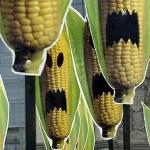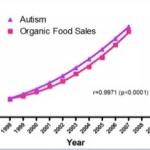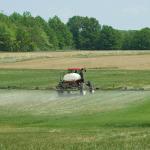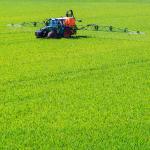There's no nice way to put this. Academia is in the midst of self-destructing, not just in the United States but worldwide.
glyphosate
I've been a science writer and editor for nearly eight years. During this time, I've learned a few things.
Good science journalism is hard to find. In a world of fake news, the public needs trusted guides to help them understand complex issues.
The first director of IARC (the International Agency for Research on Cancer), Dr.
When it comes to food, biotech, and health reporting, the New York Times is at least consistent: It is guaranteed to be wrong every single time.
In Part One, we examined the findings of the 2015 meeting of the International Agency for Research on Cancer (IARC), during which a panel of
Glyphosate, the active herbicide in Roundup, is pretty much always in the news, but it is even more so lately:
"Lying" is considered one of those words civilized people should never say. That's why politicians never use it. Instead, their opponents are "misinformed" or "misspeaking" or "using alternative facts."
When an article says "Don't let this go unshared," over and over again (five times - if we're counting,) I automatically have questions.
There has been a long history of ridiculous fearmongering by environmental activists masquerading as health experts.












